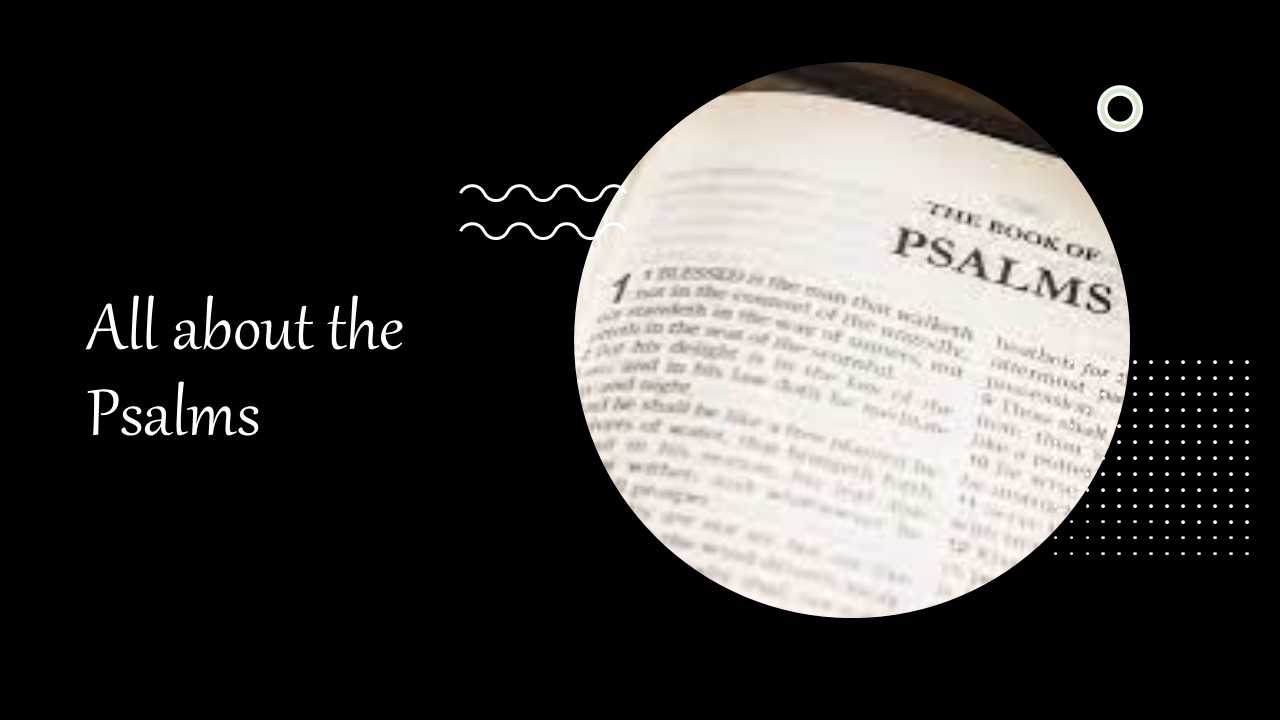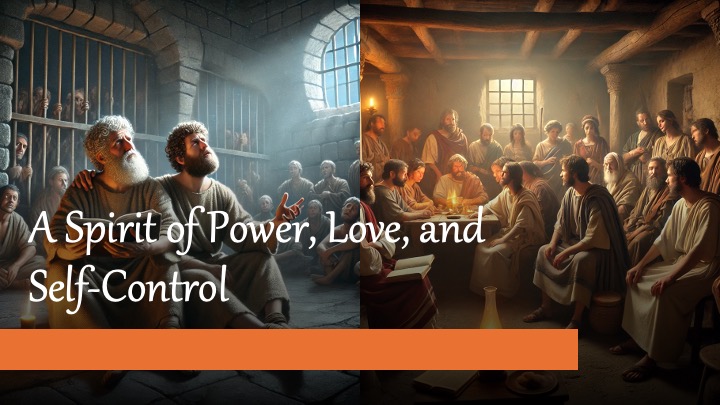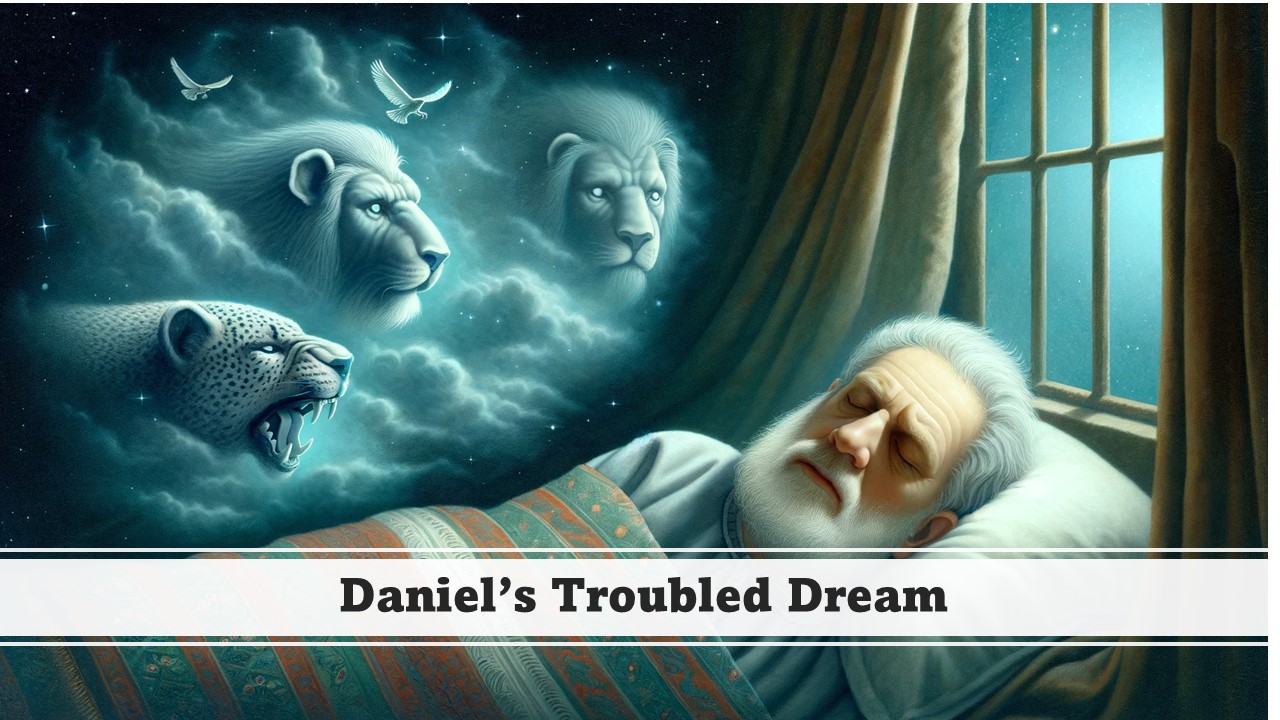The Parable of the Sheep and the Goats (Matthew 25:31-46) presents Jesus not as the gentle rabbi but as the cosmic, authoritative Judge who presides over the final separation of humanity. This moment, described as the Son of Man sitting on His glorious throne, is a solemn, non-symbolic reckoning where every action is revealed. The judgment hinges entirely on embodied love, not intellectual belief or religious ritual. Jesus separates the nations into "sheep" (His right hand, inheriting the Kingdom) and "goats" (His left hand, receiving eternal punishment) based on one criterion: how they treated the most vulnerable members of society—the hungry, the thirsty, the stranger, the sick, and the imprisoned.
The heart of this judgment is Jesus' radical identification with "the least of these." The righteous are astonished to learn that their uncalculated acts of mercy—feeding, visiting, clothing—were, in fact, direct acts of service to the King Himself: "whatever you did for one of the least of these brothers and sisters of mine, you did for me." This revelation crystallizes that orthodoxy (right belief) is inseparable from orthopraxy (right action); true faith must produce love. Conversely, the condemned are not necessarily those who committed great crimes, but those guilty of omission—they simply neglected the needy. Jesus teaches that indifference is a profound sin, revealing a heart untouched by grace and alien to the compassionate nature of the King.
Ultimately, the parable is a powerful call to active, compassionate discipleship and a warning against spiritual complacency. It affirms that while grace is the foundation of salvation, true salvation always works, making love the ultimate evidence of transformation. Jesus models compassionate justice, rewarding service, not status, and calling us to see His face in the marginalized. We are not serving to earn the Kingdom, but to live out of the gratitude of already belonging to the Shepherd, ensuring our lives reflect the Kingdom’s values of mercy, justice, and self-sacrificial love until the moment we stand before the throne.

The Psalms, originating from the Greek word "psalmos," were religious songs meant for musical accompaniment, especially on stringed instruments. Their poetic nature conveys the...

In 2 Timothy 1:7, Paul reminds Timothy that God has given believers a spirit not of fear, but of power, love, and self-control. This...

In Daniel's prophetic dream, detailed in Daniel 7, he observes a tumultuous sea from which four distinct beasts emerge, each symbolizing a successive kingdom....